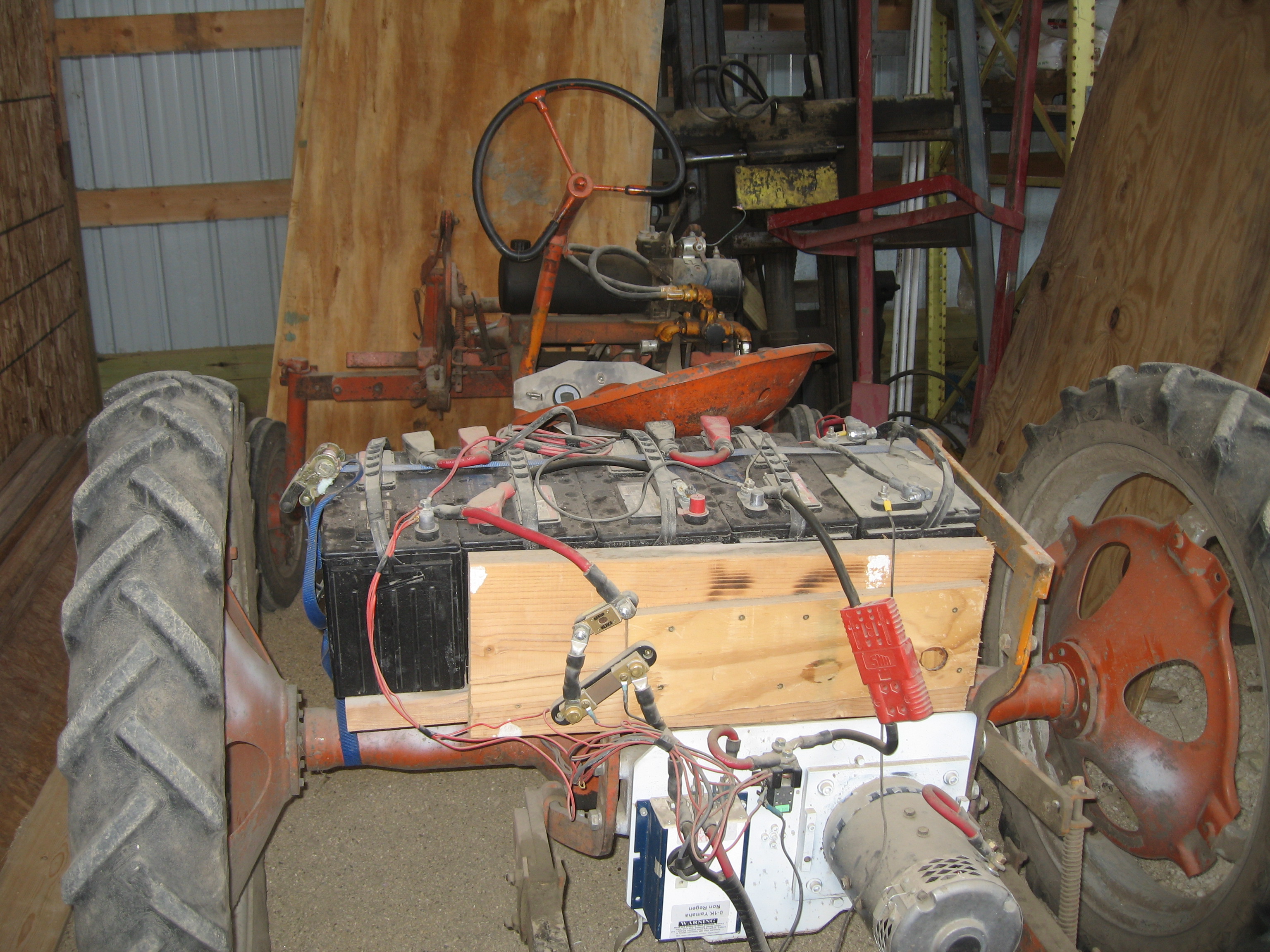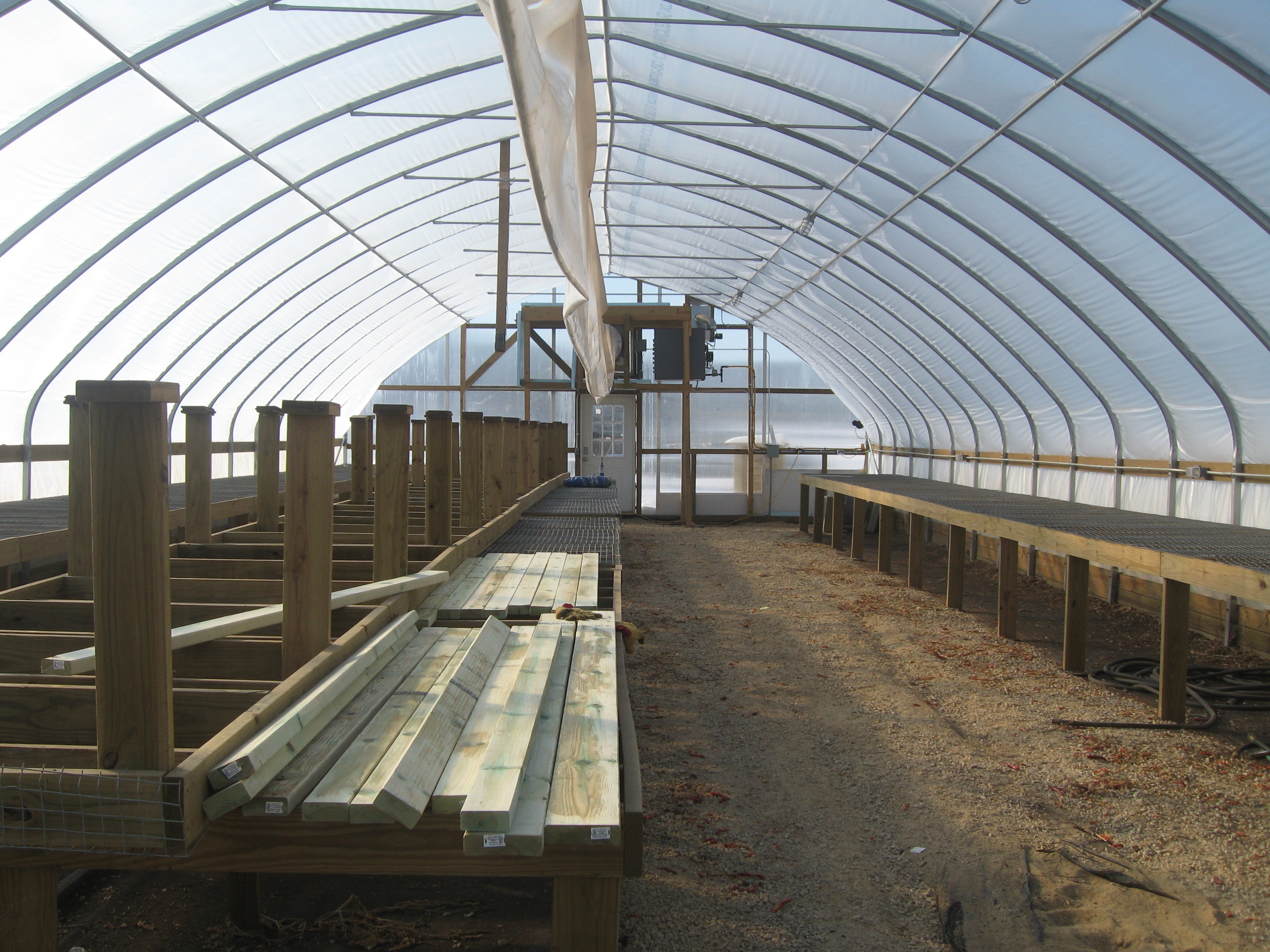There’s nothing typical about Featherstone Fruits and Vegetables, located in Rushford Vilage, Minnesota.
First, there’s the farm land itself. According to owner Jack Hedin, Featherstone's 150 acres are some of the best vegetable-growing land in Minnesota, and yet they are surrounded - like so many roads and farms across the country - by industrial corn and soy beans. (“The land is good for vegetables, but it’s also good for corn,” Jack concedes.) When I ask other Rushford Village residents where the farm is located - a process I repeat several times during my 60 frustrating minutes driving up and down Highway 30 - they say things like “I don’t know, unless it’s that organic deal down the road,” as though what’s going on at Featherstone is unusual, not quite understood by the neighbors - which is, in fact, the case. “I don’t know why they think of us as the organic farm,” Jack wonders, “rather than the vegetable farm. Nobody else is growing vegetables anywhere around here.”
Then there’s Featherstone Fruits and Vegetables itself - a medium-sized farm that produces and sells organic food to Twin Cities restaurants, co-ops, Chicago area markets, and more than 800 Community Supported Agriculture (CSA) members each year. Featherstone is working towards becoming carbon neutral within five years [see Jack's note below for clarification], and Jack shows me both the electric powered tractor 
Then there’s Jack Hedin himself, a Yale-educated organic vegetable farmer who had an op-ed published in the New York Times, runs one of the most successful organic farms in Minnesota, conducts “visioning sessions” with the Featherstone team, speaks fluent Spanish, and knows Michael Pollan personally. Did you get all that?
Jack is a warm host, offering me a generous bowl of his wife Jenni’s delicious minestrone soup and a cup of tea when I arrive. There’s lots to talk about, and I do my best to keep up with Jack as we tour his farm. The big elephant in the room is the farm’s size (we could, very definitely, fit a big elephant in the room), and Jack and I discuss what it means to - literally - grow a local, organic food business without selling out.
“There are trade-offs and compromises,” Jack tells me. Like the thousands of gallons of diesel fuel that still power the farm, for example, and the need for organizational charts to make sure the Featherstone team stays focused. Jack is adamant that his goal is to grow the market for local food, not just to grow his own farm. He talks a lot about making sustainability replicable, rather than scalable, and when we discuss whether or not he’d like to double his farm’s output, Jack’s answer is a quick and definitive “no.” Featherstone is, according to its founder, almost as big as it should be: too much bigger and Jack won’t be able to manage it all himself; too much smaller and the farm would start to lose its economy of scale.
Jack wants to see more organic farmers provide more affordable food to more people, but his idealism is tempered with a heavy dose of realism. He knows that one bad CSA experience can turn someone off for life (how many people are willing to pre-buy their vegetables for a second year if the first year wasn’t so good?), so he’s constantly looking for ways to make his CSA program better and more engaging.

As we walk around the snow-covered farm, Jack describes the intricacies of running a successful business that sells to restaurants, co-ops, Whole Foods, and consumers directly. The complexity of the operation requires an eye for detail, a passion for good food, a crystal clear vision, unending flexibility, and a whole lot of work. The cooler needs to be kept at 56 degrees, the truck needs its engine block heater plugged in overnight, the greenhouses need to be assembled in time to get vegetables growing before the spring, the Wedge needs the right amount of carrots, the strawberry festival has to be on time, and so on.
Jack and the Featherstone team wouldn’t have it any other way.
Featherstone Fruits and Vegetables offers $20 off the purchase of a CSA share as part of Simple, Good, and Tasty's Local Food Lover program.

Lee Zukor is the founder of Simple, Good, and Tasty. Email him at lee@simplegoodandtasty.com.




